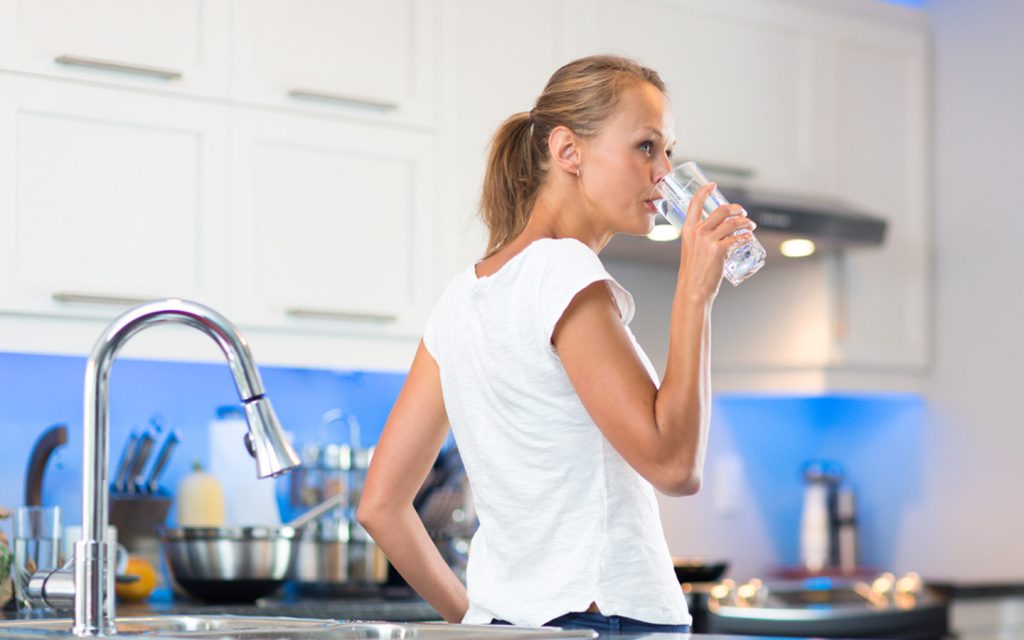Can You Drink Tap Water in Dubai? The Truth Behind the Faucet Wondering if Dubai’s tap water is as pristine as its skyline? Let’s unravel the facts, myths, and local secrets about what’s really flowing through your glass.
The Science Behind Dubai’s Tap Water
Dubai’s tap water primarily comes from desalination plants, which transform seawater into drinkable water using reverse osmosis. The Dubai Electricity and Water Authority (DEWA) oversees this process, ensuring compliance with World Health Organization (WHO) standards. Over 99% of municipal water samples pass rigorous daily tests for contaminants like bacteria and heavy metals.
However, the journey from plant to tap matters. Aging pipes in older neighborhoods like Deira or Bur Dubai can occasionally affect taste, though not safety. Modern areas like Dubai Marina and Palm Jumeirah use advanced piping systems, minimizing such issues. For real-time water quality updates, DEWA’s Smart Grid system flags anomalies instantly.
Local Perceptions: Why Bottled Water Dominates
Despite official assurances, most Emiratis and expats prefer bottled water. Cultural habits play a role—serving branded water is a hospitality norm. Supermarkets stock over 50 local and imported brands, reflecting demand. A 2022 survey by Gulf News found that 78% of residents avoid tap water due to taste preferences, not safety concerns.
Pro tip: Hotels and offices often install in-line filters to improve taste. If you’re renting an apartment, ask if the building uses centralized filtration.
Health and Safety: What the Experts Say
Dubai Municipality’s annual reports confirm tap water’s safety for drinking, cooking, and brushing teeth. The UAE’s National Agenda 2021 mandates 100% access to clean water, a goal achieved ahead of schedule. Fluoridation isn’t practiced here, unlike in some Western countries, so dentists recommend fluoride toothpaste.
Travelers with sensitive stomachs might stick to bottled water initially. That’s less about water quality and more about acclimating to regional mineral compositions.
Environmental Impact: The Cost of Convenience
Dubai’s reliance on bottled water has ecological consequences. The UAE ranks among the top 10 global consumers of single-use plastics per capita. To combat this, DEWA promotes reusable bottles via campaigns like “Dubai Can,” offering free refill stations in parks and malls.
Fun fact: The Burj Khalifa’s water supply is entirely desalinated, recycled through an on-site treatment plant.

Practical Tips for Tourists and Residents
- Use tap water for boiling pasta or making tea—it’s safe and reduces plastic waste.
- Refill bottles at DEWA-approved stations in Metro stations or The Dubai Mall.
- Avoid drinking from hotel bathroom taps if the building is older than 20 years.
- When dining out, note that restaurants legally must use filtered water for ice and cooking.
Myths Debunked: Separating Fear from Fact
Myth: “Desalinated water lacks minerals.”
Fact: Essential minerals like magnesium are added post-treatment.
Myth: “Tap water causes hair loss.”
Fact: No scientific study links Dubai’s water to alopecia. Hard water might dry hair, but a quick rinse with bottled water solves this.
Myth: “Construction sites contaminate pipelines.”
Fact: DEWA isolates construction zones from mainlines to prevent cross-contamination.
When to Exercise Caution
While tap water is generally safe, avoid drinking directly from public fountains or non-potable signs (common in parks). During rare pipe maintenance, buildings might issue temporary advisories—always heed them.
For villa residents, private tank cleanliness matters. Tanks should be cleaned biannually, a rule enforced by Dubai Municipality.
The Final Sip: Navigating Dubai’s Water Culture
Dubai’s tap water is a testament to engineering marvels, but local habits lean toward bottled convenience. Whether you sip from the tap or a bottle, staying hydrated in the desert heat is non-negotiable. The team at www.few.ae crafted this guide to help you make informed choices, blending science with street-smart wisdom. So, fill your bottle confidently, and toast to Dubai’s liquid innovation—one safe gulp at a time.
